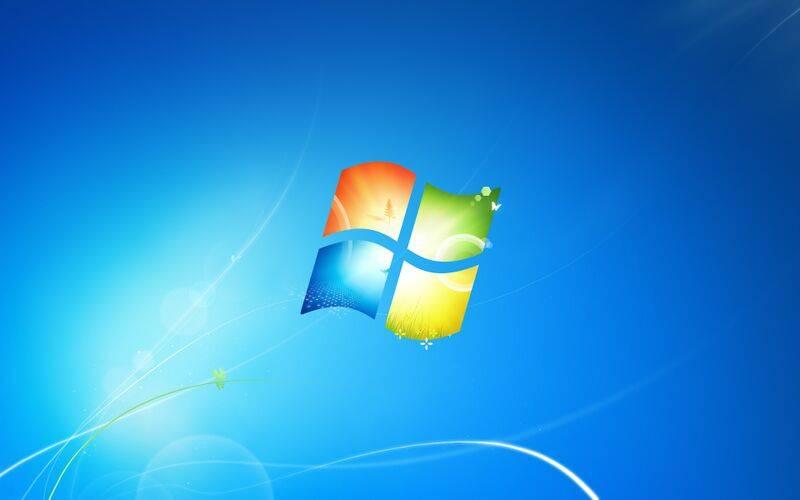With over 70% market share, Google Chrome is the most widely used web browser in the world. It is true that it is not one of the most innovative, nor the fastest, nor the one that works best, but Google knows how to gain the trust (and bind) users to use its software. However, if anything characterizes Google, it is their support, and if we are using old and outdated equipment or systems, their software, such as Chrome, will not work. It has already happened in the past with Windows XP and Vista, and now the same scenario is repeated.
Currently only two versions of Windows are supported and recommended for day-to-day use: Windows 10 and Windows 11. The first of them has been with us for 7 years, while its successor has just been on the market for one year. With them, Microsoft covers both users of somewhat old computers (within Windows 10), as well as users who buy a new computer and want to be able to take full advantage of new technologies (with Windows 11).
Both systems have almost full compatibility with all kinds of software. However, backwards compatibility is not an option when an operating system gets old. And, as on other occasions, Google has made the decision to stop supporting those users who are still using old versions of Windows, such as 7 and 8.1. And that is going to mean that almost 13% of users will no longer be able to use Chrome on their computers very soon.

Google Chrome 110 will mark the new line
Google has confirmed that version 110 of its browser, scheduled for next February 2023, will eliminate compatibility with Windows 7 and Windows 8.1. The first of these versions has been without official support for more than two years (since 2020) (only paid support for companies), while the second system will reach its end of life in January 2023.
Maintaining software as complex as Google Chrome for these systems, despite the large number of risks and security gaps that we can find in them, is crazy. And, in order not to delay the development of the browser, and to be able to move forward,
Versions prior to Chrome 110 will continue to work on these systems without issue. Of course, we must bear in mind that using an outdated browser, in an obsolete and unsupported operating system, is outrageous, and we will end up being fodder for hackers and hackers in a matter of seconds. For this reason, Google begins to notify users and recommend that they update to Windows 10 as soon as possible.
And what about other browsers?
At the moment, no other browser has confirmed whether or not it will stop working on these two versions of Windows. The safest thing is that it is Mozilla, with Firefox, who tries to fill the gap that Google is going to leave with the withdrawal of its browser, and to be able to grow a little more in market share. Other alternative web browsers, such as Vivaldi, will almost certainly continue to support these two versions of Windows for a while as well.
Of course, we must bear in mind that, except for Firefox, all other browsers depend directly on the development of Chromium. And if it is no longer going to support Windows 7 and Windows 8.1, it will not take long to add functions, APIs or libraries that only work on Windows 10 or later. And, therefore, they will not be able to continue working in these systems.












